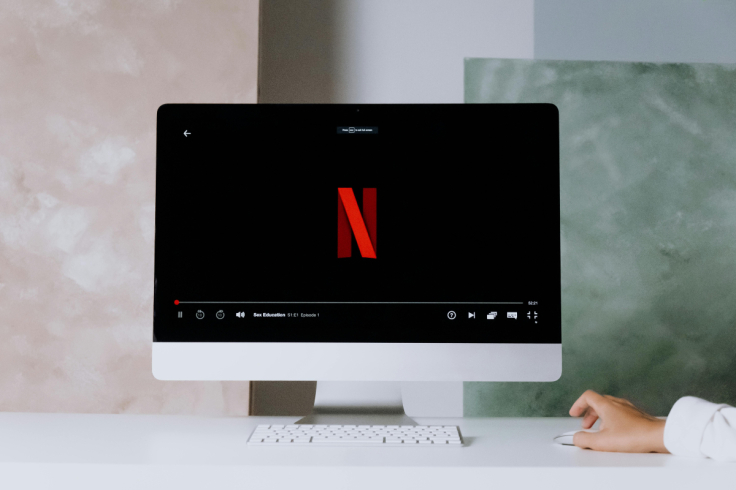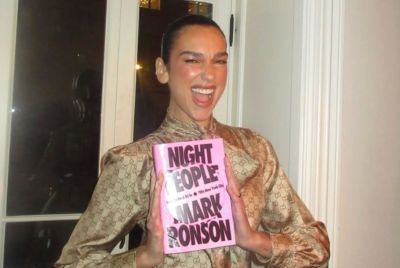Netflix Cancel Trend: Elon Musk Sparks Wave of Cancel Subscriptions, But Is This Why People Are Quitting?
Spike in 'cancel Netflix' searches follows Musk's viral social media post

A growing number of Netflix users in the United States are reportedly cancelling their subscriptions after tech billionaire Elon Musk urged followers to boycott the streaming giant.
The campaign began after controversy over the children's animated series Dead End: Paranormal Park, which critics claim promotes 'woke' and 'gender ideology' to children. Musk's intervention has sparked widespread debate on social media, leading to a spike in searches for 'cancel Netflix' and renewed scrutiny of the platform's content strategy.
Elon Musk's Influence Fuels Cancel Campaign
Tesla and SpaceX CEO Elon Musk ignited the movement with a post on X, formerly known as Twitter, calling on parents to 'cancel Netflix for the health of your kids'. The entrepreneur said he had cancelled his own subscription and accused the streaming service of pushing ideological content on young viewers.
Cancel Netflix for the health of your kids https://t.co/uPcGiURaCp
— Elon Musk (@elonmusk) October 1, 2025
Musk's comments quickly went viral, amplified by right-wing influencers and conservative media outlets. According to Google Trends data, searches for the phrase 'cancel Netflix' surged in the hours following Musk's post, suggesting a notable rise in interest surrounding the boycott.
Controversy Over 'Dead End: Paranormal Park'
The backlash centres on Dead End: Paranormal Park, an animated series that features a transgender character. Critics claim the show promotes 'gender ideology' and inappropriate themes for children. The uproar intensified after viral posts from the social media account Libs of TikTok, which resurfaced clips from the series and alleged that its creator, Hamish Steele, made offensive remarks about conservative activist Charlie Kirk.
Steele has denied the allegations, calling them 'lies and slander', and clarified that the series ended in 2023. Following the renewed attention, the creator reported receiving harassment online. Despite the outrage, there is no evidence that Netflix has actively promoted the show in recent months.
Mixed Evidence on Actual Cancellations
While social media has been flooded with screenshots from users claiming to have cancelled their accounts, data on the actual scale of the trend remains unclear. As reported by CNBC, it is not yet confirmed whether a significant number of Netflix users have followed through with cancellations. A report also notes this uncertainty.
However, Netflix's stock value has dipped around 2 % in the past few days. Analysts suggest the decline could reflect investor concern about reputational risks rather than measurable losses of revenue. Netflix has yet to issue a formal response to the campaign.
Culture War Flashpoint and Broader Streaming Challenges
The Netflix cancel trend comes amid intensifying culture wars in the United States over representation and diversity in media. The backlash mirrors previous boycotts against major brands like Disney and Bud Light, which faced similar criticism over LGBTQ+ inclusivity.
Experts note that streaming services already face high customer turnover as viewers respond to rising prices, shifting content preferences, and competition from platforms such as Disney+ and Amazon Prime Video. For some subscribers, the campaign may serve as a convenient reason to cancel amid wider cost concerns.
Industry Reactions and Expert Insights
Industry analysts say politically charged boycotts often generate temporary volatility but rarely cause lasting financial damage. Advocacy groups and LGBTQ+ organisations have criticised the campaign, describing it as a misinformation-driven attack targeting diverse representation in entertainment.
Commentators suggest that Netflix and other platforms may need to refine their public relations strategies while continuing to support creative freedom. The controversy highlights the ongoing challenge of balancing inclusive storytelling with audience expectations in an increasingly polarised cultural climate.
© Copyright IBTimes 2025. All rights reserved.





















